The Ministry of Home Affairs met on 27 June with the leaders of political parties registered in Burundi and some political actors. They converged on a resolution. Political opponents oppose it.
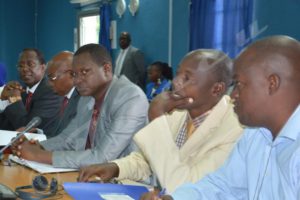
Eric Nkenguburundi, Spokesperson for MRC Rurenzangemero (in the middle): “The government wants to officially withdraw from the process of the external dialogue facilitated by William Mkapa”
After a discussion for over four hours, 27 political parties and political actors signed a 20 point resolution with the Ministry of Home Affairs. Among the recommendations, participants urge Burundi government to implement and respect the will of Burundians through opinions expressed in the sessions organized by the National Commission for the Inter-Burundian dialogue [CNDI].
They also urge the regional mediation in Burundi peace talks to bring back the dialogue session in the country. “We recommend the EAC to conclude the external dialogue process so that the recommendations should complement those gathered in the country. They would be taken into account in the revision of the Constitution of Burundi as stated by the facilitator who promised to close the inter-Burundian dialogue in June 2017”, says Térence Ntahiraja, Assistant to and spokesperson for the Ministry of Home Affairs.
He also says participants converged on the drawing up of a roadmap for the 2020 elections.
Political opponents who did not attend the meeting of the Ministry of Home Affairs oppose the resolution.
“It is a paradox and manipulation”
Léonce Ngendakumana, deputy chairperson of Sahwanya FRODEBU party, says the recent meeting organized by the Burundi Ombudsman was a failure. “We raised different issues when we gathered in Kayanza last week but three days after, some political parties flouted the Ombudsman’s efforts”, he says.
For him, it is a paradox and manipulation. “Challenging the national efforts will create difficult situations in Burundi. The efforts by the Ombudsman have not been successful. I do not see what is going on next”, says Ngendakumana.
The Frodebu deputy chairperson says it is necessary to continue the dialogue with the mediation and conclude quickly an agreement which will put to en end the sufferings of Burundians.
Eric Nkenguburundi, Spokesperson for MRC Rurenzangemero party, says it is a forcing and headlong rush by Burundi government. “It is a pretext to say that there were many political parties that endorsed the resolution”, says Nkenguburundi.
As far as I can see, it is a warning sign that the government wants to officially withdraw from the process of the external dialogue facilitated by William Mkapa, he says
He also says it is impossible to have a common road map for the 2020 elections because there is no political space to think about elections.
Jean Claude Nkundwa, Expert in peaceful conflict resolution, says the resolution signed by the political parties showed an avoidance tactic. “This occurs when resolving conflicts involves responsibilities or loyalty”, says Nkundwa.
He also says there is pressure coming from everywhere including the regional and international community, the recent declaration of Ugandan president calling on the government of Burundi to prevent the movement of refugees which destabilizes the region and the visit of Michel Kafando, the UNSG representative. The expert in peaceful conflict resolution also says the government has a tendency to use the local channel, thus, saying there is no need calling for international intervention. “It is a negative behavior in the process of resolving conflicts. Burundi needs positive coaches to resolve the crisis and resume its cooperation with the international community instead of applying the avoidance tactic”, says Nkundwa.

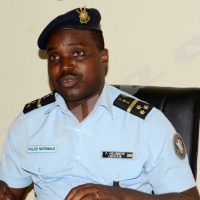
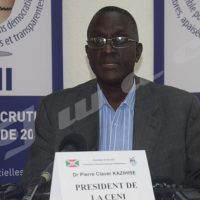
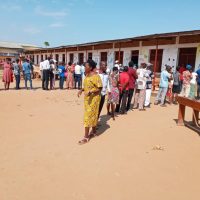
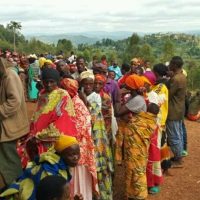
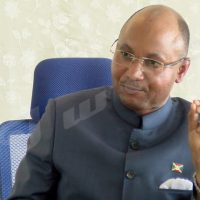













 IWACU Open Data
IWACU Open Data

